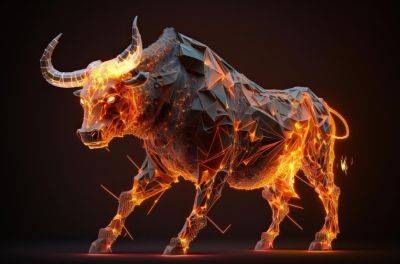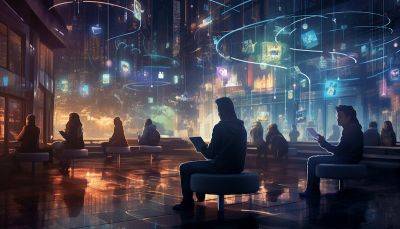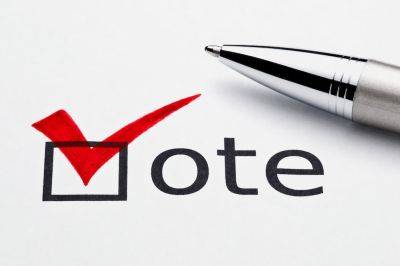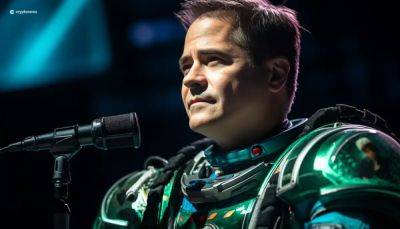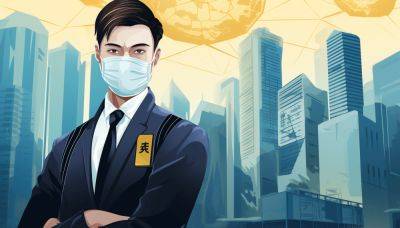Chief Justice Roberts Calls for Caution with AI in Legal Field
Chief Justice John G. Roberts Jr. recently addressed the rapidly evolving landscape of artificial intelligence (AI) in the legal profession. In his end-of-year report, Roberts touched upon the history of technology in the Supreme Court and its potential future intertwined with AI. This discussion comes at a crucial time when AI is increasingly becoming a staple in various professional fields, including law.
Potential and Pitfalls of AI in the Legal Arena
While acknowledging the promising capabilities of AI in legal research and the potential ease it provides for those with limited resources to access the courts, Roberts also expressed concerns. He cautioned against the risks associated with AI, such as privacy invasion and the dehumanization of the legal process. The Chief Justice's remarks followed a recent incident where AI-generated fake legal citations found their way into official court records.
Misuse of AI in the Michael Cohen Case
A notable instance underscoring Roberts' concerns involves Michael Cohen, former President Trump’s ex-lawyer. Cohen admitted in court papers that he mistakenly provided his attorney with fake legal citations generated by AI. This error led to the submission of these fraudulent citations in official court records. This incident highlights the dangers of relying on unchecked AI-generated content in sensitive legal contexts and the necessity of safeguarding the legal process from potential AI-related errors.
The Human Element in Judicial Decisions
Roberts emphasized the irreplaceable role of human judgment in legal proceedings. He compared judicial decisions to the role of human umpires in sports, underscoring that legal determinations often involve grey areas
Read more on blockchain.news

